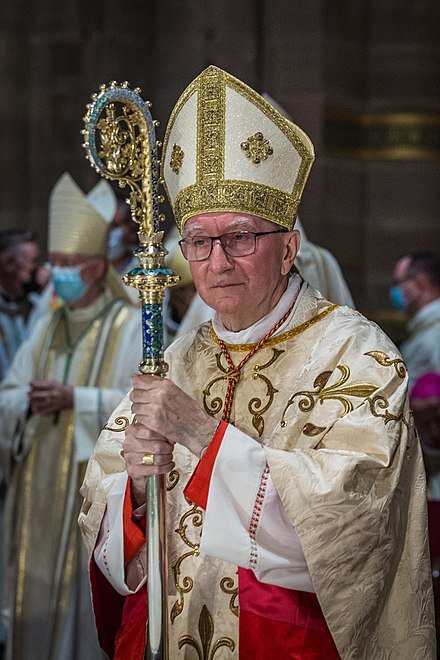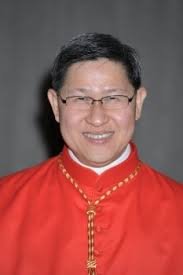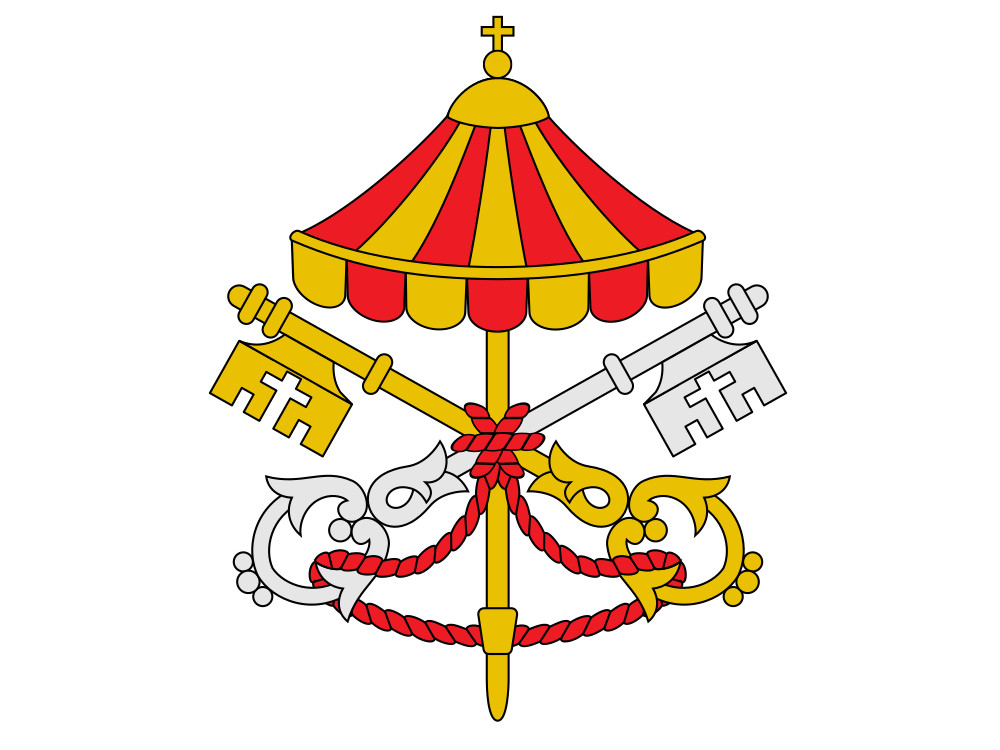Clemente Lisi Religion Unplugged
There’s an old Italian adage that warns against betting on the presumed favourites ahead of a papal conclave. It cautions, “He who enters a conclave a pope, leaves it a cardinal.”
With Pope Francis dead at age 88, the Catholic Church’s next leader will likely be chosen from a group of cardinals who have demonstrated exceptional leadership in both spiritual and organisational capacities.
The process of choosing the next pope is known as a conclave. This occurs after the death or resignation of a sitting pope. Following the papal vacancy, the College of Cardinals — consisting of cardinals from around the world — is summoned to Rome. Only cardinals under the age of 80 are eligible to participate in the voting.
These cardinals meet in the Sistine Chapel, where they cast votes to select the new pope. The voting is conducted in secret and a cardinal must receive a two-thirds majority to be elected.
If no one achieves the required majority, voting continues over several rounds. After each session, the ballots are burned: black smoke signals that a decision has not yet been made. When a new pope is elected, white smoke rises from the chimney of the Sistine Chapel, and the faithful outside St. Peter’s Basilica know a decision has been made.
The newly elected pope then appears on the balcony of St. Peter’s Basilica to address the crowd and announce his selection.
Technically, any male Catholic over the age of 18 who has been ordained as a priest is eligible to become pope. However, in practice, the pope is typically chosen from among the 135 cardinals who will take part in the conclave.
Here are six men who could be among the most likely candidates to take the helm of the Vatican. Be warned that all of them may end up remaining cardinals when this process is complete:
Cardinal Pietro Parolin (Italy)

Bio: Cardinal Pietro Parolin, born in 1955, is currently the Secretary of State of the Vatican, the second-highest position in the Catholic Church. A seasoned diplomat, Parolin has served the Vatican in various roles, including Nuncio (Apostolic Ambassador) to Venezuela, before being appointed Secretary of State by Pope Francis in 2013.
Why he could be pope: Parolin’s diplomatic background and ability to navigate complex international and ecclesiastical issues make him a strong candidate.
His role as Secretary of State has positioned him as a key player in shaping the church’s foreign policy, and his ability to engage with both traditional and progressive factions within the Vatican gives him a balanced appeal. His deep knowledge of Vatican operations, along with his extensive relationships with world leaders, offers a steady hand to guide the global church in turbulent times.
Cardinal Luis Antonio Tagle (Philippines)

Bio: Born in 1957 in Manila, Cardinal Luis Antonio Tagle is the current Prefect of the Congregation for the Evangelisation of Peoples. He was named a cardinal by Pope Benedict XVI in 2012 and quickly became one of the most prominent Catholic figures in Asia. Known for his charismatic preaching and pastoral sensitivity, Tagle was also the Archbishop of Manila from 2011 to 2019.
Why he could be pope: Dubbed “The Asian Francis,” Tagle is one of the most influential and widely respected cardinals in the church, especially among those from Asia. His ability to communicate effectively with people from different backgrounds has earned him global recognition.
Tagle’s pastoral warmth and progressive stance on issues such as social justice, poverty and the environment align well with Pope Francis’ priorities, making him a natural successor. As a representative of the vibrant and growing Catholic population in Asia, Tagle could serve as a unifying figure.
Cardinal Robert Sarah (Guinea)

Bio: Born in 1945, Cardinal Robert Sarah has served as the Prefect of the Congregation for Divine Worship and the Discipline of the Sacraments since 2014. A vocal advocate for traditional liturgy, Sarah is known for his conservative stance on theological matters and his strong defense of the church’s teachings on issues like marriage, family and sexuality.
Why he could be pope: Cardinal Sarah’s prominence within the church — particularly among conservatives — has earned him a strong following. His theological rigor and dedication to maintaining traditional Catholic practices could make him a popular choice among those seeking continuity with past papacies.
As a candidate from Africa, Sarah would also bring a unique perspective from a continent that is experiencing massive growth in its Catholic population. However, his traditionalist views might divide opinion among more progressive factions of the church.
Cardinal Matteo Zuppi (Italy)

Bio: Cardinal Matteo Zuppi, born in 1955, is the Archbishop of Bologna and a leading figure in Italy. Appointed as a cardinal by Pope Francis in 2019, Zuppi is known for his focus on ecumenism, interfaith dialogue and social justice. He is also a key figure in the Italian bishops’ conference, where he advocates for peace and solidarity, especially in the context of the European migration crisis and the war in Ukraine.
Why he could be pope: Zuppi’s progressive outlook and emphasis on peace, dialogue and social responsibility make him an attractive candidate for those who prioritise the Catholic Church’s role in addressing global issues.
Zuppi’s deep commitment to promoting social justice and his ability to bridge divisions place him as a moderate force within the Vatican. Zuppi’s alignment with Pope Francis’ vision of mercy and care for the marginalised positions him well to continue the legacy of the Francis papacy.
Cardinal Christoph Schonborn (Austria)

Bio: Cardinal Christoph Schönborn, born in 1945, is the Archbishop of Vienna and one of the most respected theologians in the Catholic Church. A member of the Dominican Order, Schönborn was a key contributor to the Catechism of the Catholic Church and has long been known for his scholarly approach to theology and doctrine.
Why he could be pope: Schönborn’s intellectual depth makes him a strong candidate for those who value doctrinal clarity and scholarly leadership. His experience in handling the church’s internal challenges, particularly in Europe, gives him the political and pastoral insight needed to lead the global church.
Schönborn also enjoys respect across a wide spectrum of Catholic thought, from conservatives to liberals, making him a potential unifier in a time of doctrinal division.
Cardinal Juan Jose Omella (Spain)

Bio: Born in 1946, Cardinal Juan Jose Omella is the Archbishop of Barcelona. He was elevated to cardinal by Pope Francis in 2017 and has been a vocal advocate for the poor and marginalised. Omella is also involved in various charitable initiatives and has worked to revitalise the church in Spain, emphasising pastoral care and evangelisation.
Why he could be pope: Omella is highly regarded for his practical approach to leadership. His focus on serving the needy and engaging with contemporary issues — such as immigration and social inequality — aligns with many of the values espoused by Pope Francis.
Also, as a representative of Spain, Omella would also bring the perspectives of Europe’s Catholic population to the Vatican’s leadership.
Clemente Lisi is the executive editor of Religion Unplugged. He previously served as deputy head of news at the New York Daily News and a longtime reporter at The New York Post. Follow him on X @ClementeLisi.

